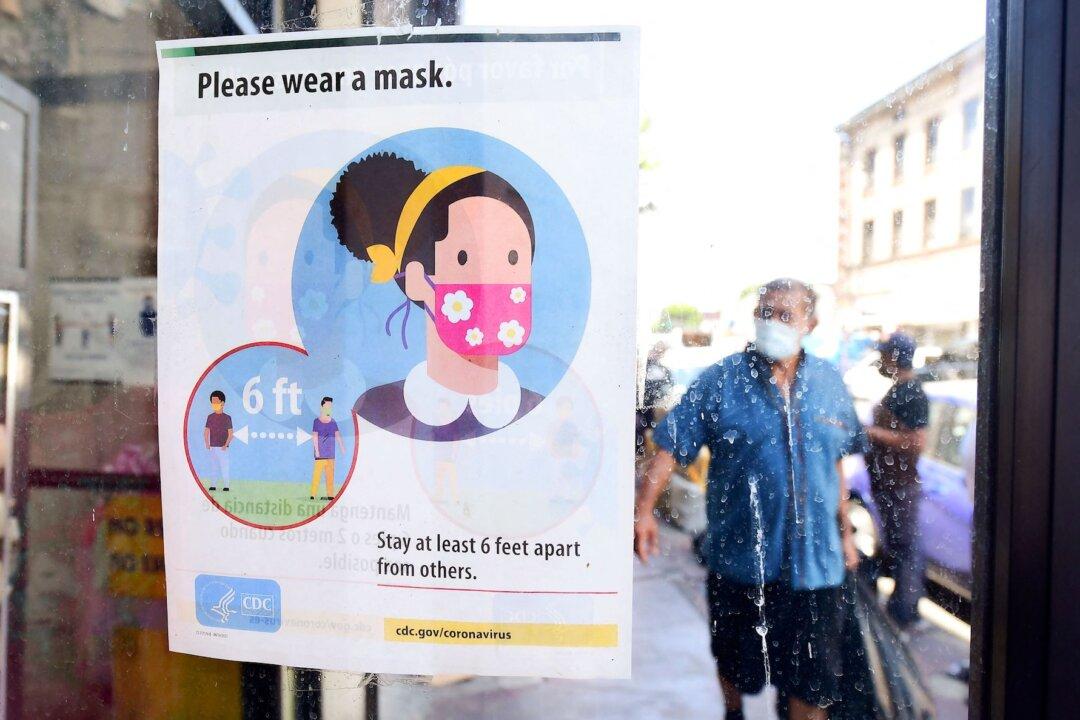On Tuesday, the South Carolina Supreme Court decided in the case of Creswick v. University of South Carolina that public universities in the state were permitted to mandate masks (pdf).
On July 30, University of South Carolina (USC) Interim President Harris Pastides told students and staff that masks would be required inside all University buildings except dorm rooms, private offices, and while eating in campus dining facilities.





